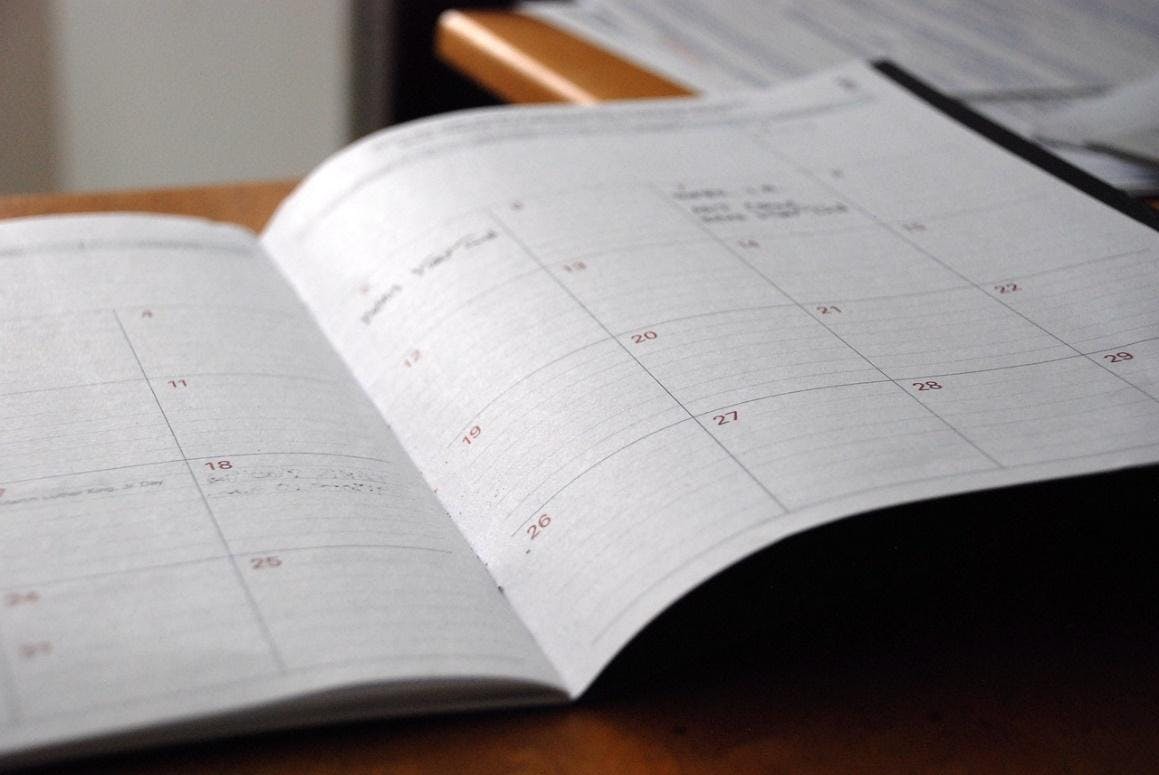The finish line is fast approaching and you are beginning to feel that the most challenging phase of the selling process is behind you. Well done. You’re doing great!
The buyer’s financing contingency and requests for inspection-related repairs have been satisfied. It’s full steam ahead.
In addition to providing the settlement (or net proceeds) statement, your escrow representative will be in touch to schedule the date, time and location to meet and complete the signing of papers to close your end of the deal. You’ll want to hold the meeting when it works for you, escrow and your attorney if you wish to have him/her present (but that’s not usually necessary). Your listing agent can also attend the signing but that’s not customary.
Sellers typically complete the signing at escrow before buyers finalize the contract. (In many states – not Washington – both parties sign at their respective attorney’s office.) It’s not unusual to schedule and complete this step right away so you can focus on clearing out the home and setting sights on your new property.
It’s best practice to share with escrow any vacation plans or other times when you will be unavailable between now and closing. Also, let escrow know at least two business days before signing if you want escrow to share copies of the sale agreement or other documentation with your attorney for review.
Escrow companies are busy at certain times of the month and they may ask sellers (and buyers) to avoid those days/dates for signing paperwork. Those days typically include the last week of the month and Fridays.
Your escrow representative will prepare written instructions and a list of what he/she needs from you. This will could include, for example, information about leased equipment on the property (such as an oil tank or satellite dish), the latest homeowners association dues statement and outstanding utility bills.
Closing is typically a day or two after all parties have signed the necessary documents and your buyer has completed his/her financial obligations. The date for closing – or consummating – the deal is sometimes a moving target because escrow is relying on the county records department, mortgage lender and buyer’s bank to do their part to complete the transaction and escrow is generally on top of matter.
We’re almost there!




